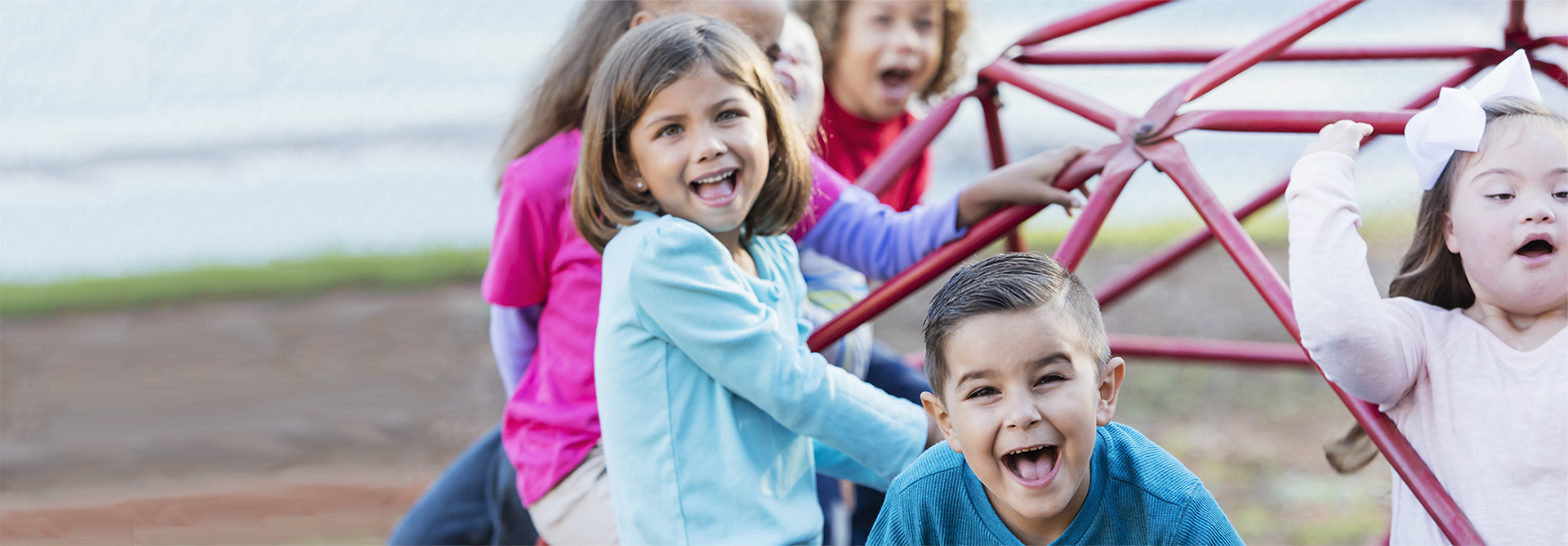Search
Research
Influenza-Associated Encephalitis/Encephalopathy Identified by the Australian Childhood Encephalitis Study 2013-2015We aimed to describe case of Influenza associated encephalitis/encephalopathy identified by the Australian Childhood Encephalitis study
Research
Understanding the aetiology and resolution of chronic otitis media from animal and human studiesThis Clinical Puzzle article describes our current knowledge of chronic otitis media and the existing research models for this condition
Research
Patterns of Alcohol Intake of Pregnant and Lactating Women in Rural Western AustraliaThis paper will present the first alcohol consumption data of pregnant and breastfeeding women living in rural Western Australia
Research
Development of a universal aftercare model for people who have presented to the emergency department for a suicidal crisis in WAThe Mental Health Commission (MHC) of Western Australia has provided funding to The Kids Research Institute Australia to undertake exploratory research to inform a WA approach to aftercare.
Research
Development of new preclinical models of childhood leukaemiaSébastien Laurence Rishi S. Malinge Cheung Kotecha PhD BPharm (Hons) MBA PhD MB ChB (Hons) MRCPCH FRACP PhD Laboratory Head, Translational Genomics

The project represents an innovative collaboration between researchers, primarily based at The Kids Research Institute Australia, and 10 government jurisdictions in WA.
Research
Does gastrostomy improve the lives of children with severe disability and their families?Approximately 13,000 children in Australia live with moderate to severe intellectual disability.
Research
Dornase alfa as an adjunct therapy to treat chronic ear infectionsChris Glenn Lea-Ann Peter Ruth Brennan-Jones Pearson Kirkham Richmond Thornton PhD BA (Education) PhD Candidate PhD MBBS MRCP(UK) FRACP PhD Head, Ear
Research
Early-life stressors and LifeCycle health - LifeCycleGraham Rachel Hall Foong BAppSci PhD CRFS FANZSRS FThorSoc FERS BSc (hons), PhD, MBiostat Honorary Research Associate Honorary Research Associate 08
Research
Enhancing Protection against Influenza and COVID-19 for pregnant women and medically at risk children: EPIC StudyPregnant women are 3 times more likely to die from COVID-19 and over 7 times more likely to be admitted to an intensive care unit with influenza compared to non-pregnant women.
